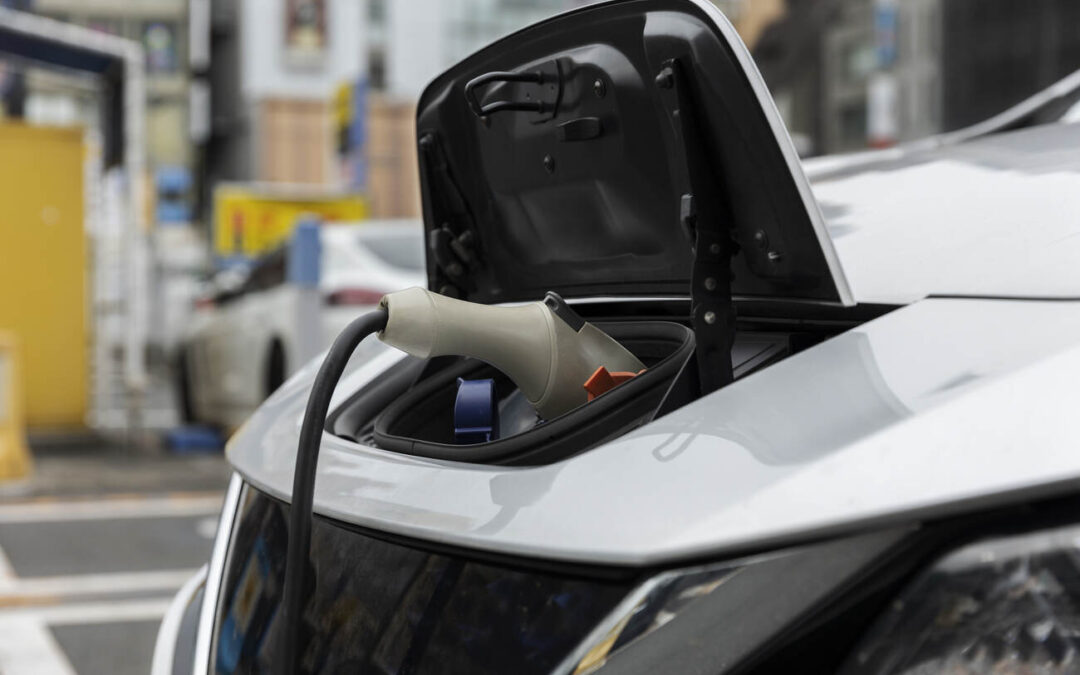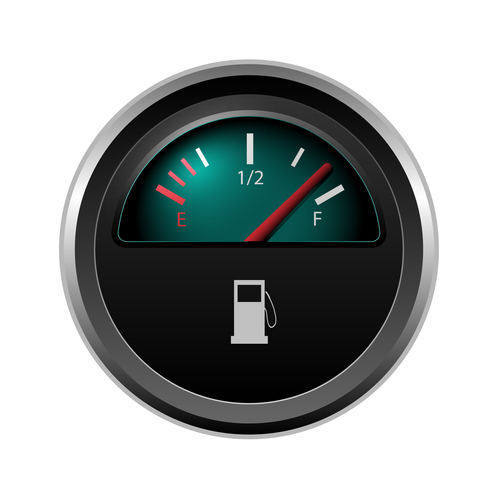Recent studies conducted show that vehicles can burn up to 30% more fuel when they’re not maintained. Apart from regular vehicle maintenance there are a few additional tips that drivers can apply to help improve vehicle fuel efficiency. Once you ensure all theses requirements are met then your vehicle should perform exceptionally well and maintain excellent fuel efficiency.
Vehicle Maintenance Tips You Shouldn’t Ignore
- Checking Tire Pressure Often – Checking tire pressure regularly is the best way to determine if tires are under-inflated. You see tires under-inflated by 8 pounds or less tend to increase rolling resistance and can cause vehicles to burn more fuel. So making a practice of checking tires once a month is a great way to ensure that your tires aren’t under inflated.
- Servicing Battery Cables – Corroded battery cables can make your vehicle’s alternator work harder which increases the amount of fuel used when driving. Drivers should remember to clean them with each engine check-up to ensure that they are as they should be.
- Conduct Thorough Inspection of Suspension – Bent wheels, axles, worn shocks and broken springs can all contribute to drag which slowly drains fuel. Repairing any issues can help you to save significantly in the long run.
- Remove Unnecessary Load From Vehicles – Before you begin driving consider removing items that you are not immediately using from your vehicle. Leaving unwanted items behind helps to reduce the amount of weight the vehicle carries. Lighter loads helps you save money because you burn less fuel.
Smart Vehicle Maintenance Advice for All Drivers
Studies conducted have shown that a driver can improve gas mileage by 1-2% when they use the manufacturer’s recommended grade of motor oil? By using the recommended brand motor oil you are not only increasing the life of your vehicle but you are increasing your savings.
Need Help With Vehicle Maintenance? – Look Us Up At All Round Auto Repair
Here at All Round Auto we offer the highest quality auto services in Santa Rosa. With a high customer satisfaction rating and affordable pricing our company provides great service to all clients.
From transmission servicing to engine maintenance our professional and dedicated staff are available to handle all your vehicle maintenance or repair needs. So if you need help maintaining your vehicle’s fuel efficiency give us a call at: 707-837-0646 to schedule a visit or you can check out our website: allaroundautorepair.com for more information.
Frequently Asked Questions
1. How does tire pressure affect fuel efficiency?
Maintaining the right tire pressure is crucial for fuel efficiency. Under-inflated tires can increase rolling resistance, making the engine work harder and burning more fuel—up to 3% more in some cases. By checking tire pressure monthly and keeping it within the recommended range, you can improve gas mileage and extend tire life.
2. Can regular oil changes boost fuel economy?
Yes, using the manufacturer-recommended motor oil can improve fuel economy by 1-2%. High-quality, energy-efficient synthetic oils reduce friction in the engine, which improves performance and fuel efficiency over time. Neglecting oil changes can cause internal engine resistance, which burns more fuel.
3. Why should I remove excess weight from my car to save fuel?
Extra weight increases the demand on the engine, especially in smaller vehicles. For every 100 pounds of additional cargo, fuel efficiency can decrease by 1%. Removing unnecessary items like roof racks or heavy tools from your trunk can help reduce fuel consumption.
4. How does regular vehicle maintenance improve gas mileage?
Regular maintenance like replacing spark plugs, cleaning battery terminals, and ensuring proper alignment reduces engine strain. According to the Department of Energy, a properly maintained vehicle can improve fuel economy by up to 40% compared to a neglected one.
5. Does air conditioning affect fuel efficiency?
Yes, using air conditioning can reduce fuel efficiency by 5-25%, especially during city driving. When driving at lower speeds, it’s more fuel-efficient to open the windows, but at highway speeds, air conditioning is more efficient due to reduced drag.
6. What is the impact of bad suspension on fuel efficiency?
A worn-out suspension system can cause uneven tire wear, increasing rolling resistance and fuel consumption. Addressing issues like bent axles, broken springs, or worn shocks can significantly reduce drag, improving fuel efficiency.
7. How does driving style affect fuel economy?
Aggressive driving, including rapid acceleration and hard braking, can lower your fuel economy by 15-30% on highways and 10-40% in city traffic Smooth driving, maintaining a steady speed, and anticipating traffic can help save fuel.
8. Why is it important to use the right type of fuel for your vehicle?
Using the recommended fuel grade ensures that your engine runs efficiently. Cars designed for regular gasoline may experience knocking and lower performance if premium fuel is used unnecessarily. Stick to the manufacturer’s recommendations for optimal fuel efficiency.
9. Can changing driving habits increase fuel economy?
Yes, small changes in driving habits, such as maintaining a steady speed, avoiding idling, and using cruise control on highways, can improve fuel efficiency by 7-14%. Planning your routes and avoiding peak traffic also contributes to better gas mileage.
10. How does a dirty air filter impact fuel consumption?
A clogged air filter restricts airflow to the engine, which can reduce fuel efficiency by up to 10% in older vehicles with carbureted engines. For modern vehicles, a clean air filter primarily boosts performance, but still plays a role in overall engine health.




